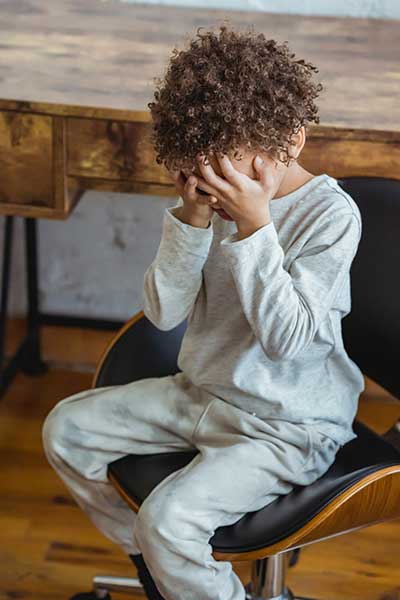
As mediators, we must act impartially. Although, an exception to this is that mediators have a duty of care to children. So, where their best interests are concerned, we must be on the side of children!
For this reason, we often spend time in mediation talking with parents about what the research says about how children experience their parent’s separation, the effects of divorce on children, and how parents can help to mitigate these impacts.
A recent study by Nuffield Family Justice Observatory reviewed and brought together UK and international research studies about children’s experiences of the court process. The studies were made between the year 2000 and 2020 and all contained information obtained directly from children and young people. The findings are useful for both separating parents and professionals to consider.
These are condensed into six key messages:
-
- Parental separation can be highly stressful for children and can have a big impact on their lives. For some, this impact can last into adulthood. The court system should be set up to try to minimise stress and harm rather than add to it.
-
- Children often feel left in the dark about what is happening throughout their parents’ separation and the court process. In some cases, children know more about what is going on than adults realise but are not always given the accurate and timely information they want. Attempts by adults to hide what is going on can cause significant stress for children. Professionals should take an active role in ensuring children have access to adequate information presented in child- focused ways.
-
- Children overwhelmingly feel unheard in court proceedings. This causes them significant distress. When children did report positive experiences of participation, this was linked to them experiencing the decisions made more positively. Some studies highlighted that simple changes—such as communicating the final decision in a child-friendly way and ensuring children were aware proceedings had started and what that meant—could make children feel more listened to.
-
- Many children want to be more involved in decision making. There are different ways children can be supported to share their views and different children may want different things. There is an important distinction to be drawn between children wanting their views to be listened to and taken seriously and children wanting responsibility for the final decision.
-
- Children may have to engage with a lot of professionals while their parents are going through separation. Professionals need to ensure these interactions are sensitive and supportive, and that they demonstrate an understanding of how serious these issues are for the children involved. Support can make a difference for children and we need to think about how to improve support in the community, including from schools, for children.
-
- Generally, children will have views about contact with some serious thought behind them. But they also need time and support to be able to consider their views, especially where domestic abuse is a factor.
 A few final words:
A few final words:
While mediation is not a perfect process, and nor is it suitable in every case, family mediators have been aware of these findings for many years and work to support children directly and/or indirectly through the work we do with their parents.
Mediators help educate parents about the impact their conflict can have on their children. And we strive to support them to think in a more child-focused way, and make arrangements that are well-rounded and future proofed.
Where appropriate, we also run child inclusive mediation (CIM) processes, which give the child/ren the opportunity to input their thoughts by talking to the mediator directly. You can read more about this on our CIM page.
Don’t hesitate to contact us if you think mediation may be a suitable process for your family. We are always happy to hear from you, and give more information about ourselves and the way we work.
The full Nuffield Family Justice Observatory report can be accessed at:

